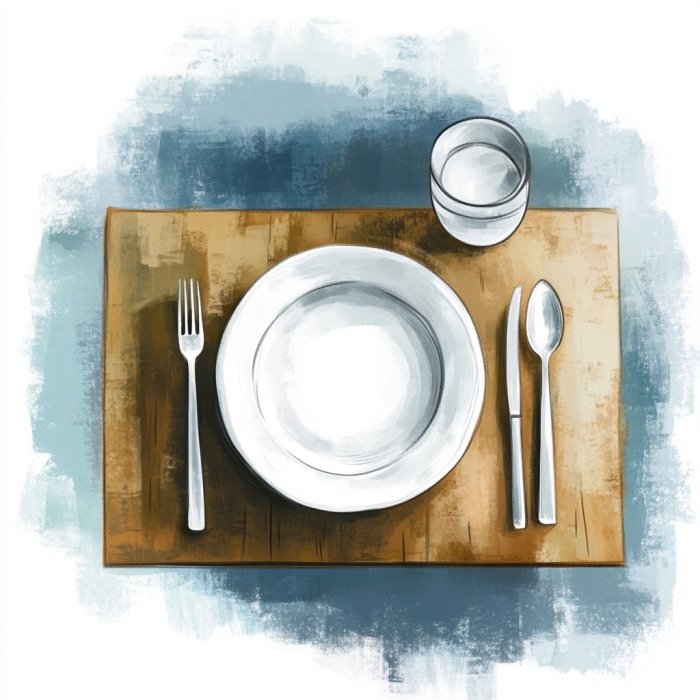How to Less
The other day while sitting at a cafe, I found myself staring at a laptop on the table next to mine while the person had stepped away for a moment. I couldn’t help it. The person’s color coordinated calendar was up and so was their very long to-do list. Meetings to attend, projects to finalize, friends to catch up with, errands that had been postponed.
It looked exhausting, and likely felt exhausting. And reminded me of my time while running a company and as a result, running myself mad with a maniacal focus on always trying to cram more in.
“More is more” was the mantra that had driven me for years. As I started to question this philosophy, I began to experiment with a different mantra: “less is more”.
Acting on it meant something very uncomfortable: making trade-offs.
Life, at its core, is about making trade-offs. It’s about choosing one thing over another, not because one is inherently good and the other bad, but because in choosing, I give weight to what matters most. Without trade-offs, I’m not really making decisions; I’m just moving through the motions, saying yes to everything, and hoping it will all somehow work out.
But it doesn’t work out. At least not well. It’s easy to say yes to everything, to try to be everything to everyone. The harder thing, the thing that feels unnatural, is to say, “this is more important than that.”
In a professional environment, I’ve seen this truth play out repeatedly. Over the years, I’ve come to believe that when someone feels overworked, it’s not because there’s too much work. It’s because no one—either the person or their organization—has had the courage to make the necessary trade-offs. No one has said, “this project matters more than that one,” or even better, “we don’t need to do this at all.”
When I think about my own approach to business, I’ve leaned toward setting priorities over setting goals. Goals, while helpful in some contexts, can be limiting because they’re specific and static. They tend to define success in rigid terms, ignoring the fluidity of reality. Priorities, on the other hand, are dynamic. They aren’t about what I want to achieve but about the trade-offs I’m willing to make. They force me to ask: “What am I willing to let go of in order to focus on what truly matters?”
This shift has been liberating. When I focus on my priorities, I can accept the outcomes, whatever they may be. I don’t cling to the false comfort of goals that feel incomplete or unmet. Instead, I remind myself that I’ve chosen to invest my time and energy where it counts most, and I’ve made peace with whatever outcome results from that investment.
Of course, trade-offs aren’t just about work. They show up in every corner of life. To be in a romantic relationship with one person often means giving up the possibility of exploring romantic relationships with someone else. It’s the trade-off that creates the foundation for commitment.
Even in friendships, the choices are constant. To hang out with this friend might mean not spending time with another. To show up for one person’s party may mean missing someone else’s. There’s nothing wrong with these decisions—they’re simply the reality of how time and relationships work.
Travel is another example that comes to mind. To vacation in one place is to not go somewhere else. Even within a single destination, there are trade-offs. I might choose to see one landmark and skip another, or decide to relax on the beach instead of exploring the city. Every decision, no matter how small, comes with its own set of sacrifices.
What makes trade-offs so challenging is that they force me to confront something deeply human: the need to please, to be liked, to avoid disappointment. Saying no can feel like failure or rejection, even when it’s necessary. There’s an inherent discomfort in prioritization because it requires honesty. It asks me to admit that I can’t do it all, that I can’t be everything to everyone, and that trying to do so often leaves me with nothing that feels real or meaningful.
I’ve come to see that making trade-offs is the only way to live with intention. It’s not about limitations; it’s about clarity. It’s about recognizing that my time, energy, and attention are finite.
Trade-offs I make aren’t about what I lose but about what I gain. They aren’t about saying no but about committing fully to my yeses. And when I live that way—when I prioritize with intention and let go of the rest—I find a sense of freedom that no goal could ever give me.
And that is how I learned to Less.




